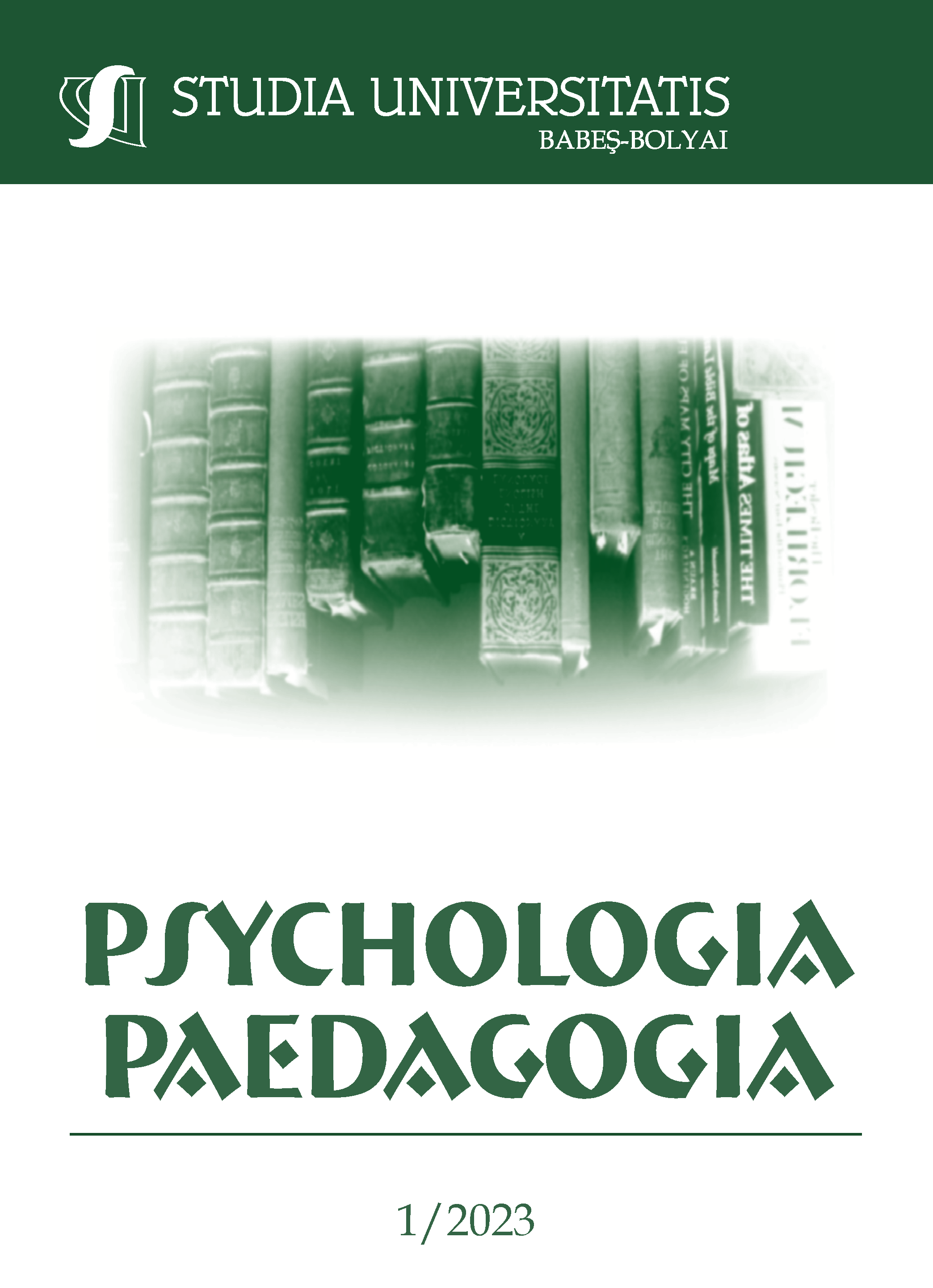Operationalizing collaborative problem-solving skills: A framework for assessment and development in the digital age
DOI:
https://doi.org/10.24193/subbpsyped.2023.1.04Keywords:
collaborative problem solving, problem solving, PISA, literacy, Human-to-Human, Human-to-Agent, Twenty-first Century Skills.Abstract
This article delves into the operationalization of collaborative problem-solving (CPS) skills, focusing on the essential aspects required to effectively apply CPS in the modern digital age. The article emphasizes the growing significance of CPS skills as technology-based work and the automation of routine tasks demand proficiency in addressing non-routine, complex challenges. To enable successful CPS, a new set of skills including information literacy, divergent thinking, and problem-solving, both individually and collaboratively, are explored. The article investigates the strategies and approaches employed by individuals and teams when engaging in collaborative problem solving, with an emphasis on knowledge sharing and skill pooling. The study highlights the criticality of CPS as an invaluable skill set, enabling individuals to effectively collaborate and overcome intricate problems. Moreover, as contemporary work environments increasingly rely on successful group problem solving, the significance of operationalizing CPS is expected to continue growing in the future.References
Bull, G., Thompson, A., Searson, M., Garofalo, J., Park, J., Young, C., & Lee, J. K. (2018). Collaborative problem-solving in a virtual world: A case study of Minecraft. TechTrends: Linking Research & Practice to Improve Learning. https://doi.org/10.1007/s11528-018-0336-9
Csapó, B., Molnár, G., & Nagy, J. (2018). The role of education in developing problem-solving skills: A literature review. European Journal of Education. https://doi.org/10.1111/ejed.12289
Greiff, S., Wüstenberg, S., Molnár, G., Fischer, A., & Funke, J. (2014). Assessing collaborative problem solving in technology-rich environments: Challenges and recommendations. Journal of Dynamic Assessment. https://doi.org/10.3389/fpsyg.2013.01020
Griffin, P., Care, E. & McGaw, B. (2012). The Changing Role of Education and Schools. Springer International Publishing AG. DOI: 10.1007/978-94-007-2324-5_1
Hao, J., Liu, L., von Davier, A. A. & Kyllonen, P. C. (2017). Initial Steps Towards a Standardized Assessment for Collaborative Problem Solving (CPS): Practical Challenges and Strategies. Springer International Publishing Switzerland 2017. DOI: 10.1007/978-3-319-33261-1_9
Hayashi, Y. (2017). The Power of a “Maverick” in Collaborative Problem Solving: An Experimental Investigation of Individual Perspective-Taking Within a Group. Cognitive Science (2018) 1–36. DOI: 10.1111/cogs.12587
Herborn, K., Stadler, M., Mustafić, M. & Greiff, S. (2018). The Assessment of Collaborative Problem Solving in PISA 2015: Can Computer Agents Replace Humans?. Computers in Human Behavior. DOI: 10.1016/j.chb.2018.07.035
Krkovic, K., Mustafic, M., Wustenberg, S. & Greiff, S. (2017). Shifts in the Assessment of Problem Solving. Springer International Publishing AG. DOI: 10.1007/978-3-319-65368-6_4
Kuo, B. C., Liao, C. H., Pai, K. C., Shih, S. C., Li, C. H. & Mo Ching Mok, M. (2019). Computer-based collaborative problem-solving assessment in Taiwan, Educational Psychology. DOI: 10.1080/01443410.2018.1549317
Organisation for Economic Co-operation and Development (2017). How does PISA measure students’ ability to collaborate? OECD iLibrary. DOI: 10.1787/22260919
Organisation for Economic Co-operation and Development (2017), "PISA 2015 collaborative problem‑solving framework", in PISA 2015 Assessment and Analytical Framework: Science, Reading, Mathematic, Financial Literacy and Collaborative Problem Solving, OECD Publishing, Paris. DOI: 10.1787/9789264281820-8-en
Organisation for Economic Co-operation and Development (2017). PISA 2015 Collaborative Problem-Solving Report, by Steve May. Ministry of Education, New Zealand, 2017. Retrieved from: https://www.educationcounts.govt.nz/publications/series/2543
Ramalingam, D. (2017). Test Design and Objectives. Implementation of Large-Scale Education Assessments, First Edition. DOI: 10.1002/9781118762462
Rosen, Y. (2015). Computer-based Assessment of Collaborative Problem Solving: Exploring the Feasibility of Human-to-Agent Approach. Int J Artif Intell Educ 25, 380–406 (2015) DOI: 10.1007/s40593-015-0042-3
Rosen, Y. & Foltz, P. W. (2014). Assessing Collaborative Problem Solving through Automated Technologies. Research and Practice in Technology Enhanced Learning, Vol. 9, No. 3 (2014) 389-410.
Sun, C., Shute, V. J., Stewart, A., Yonehiro, J., Duran, N. & D’Mello, S. (2018). A Generalized Competency Model of Collaborative Problem Solving. Computers & Education, Volume 143, 2020. DOI: 10.1016/j.compedu.2019.103672
Downloads
Published
How to Cite
Issue
Section
License
Copyright (c) 2023 Studia Universitatis Babeș-Bolyai Psychologia-Paedagogia

This work is licensed under a Creative Commons Attribution-NonCommercial-NoDerivatives 4.0 International License.





